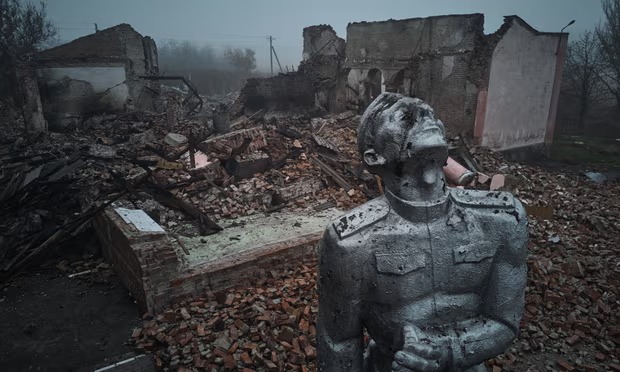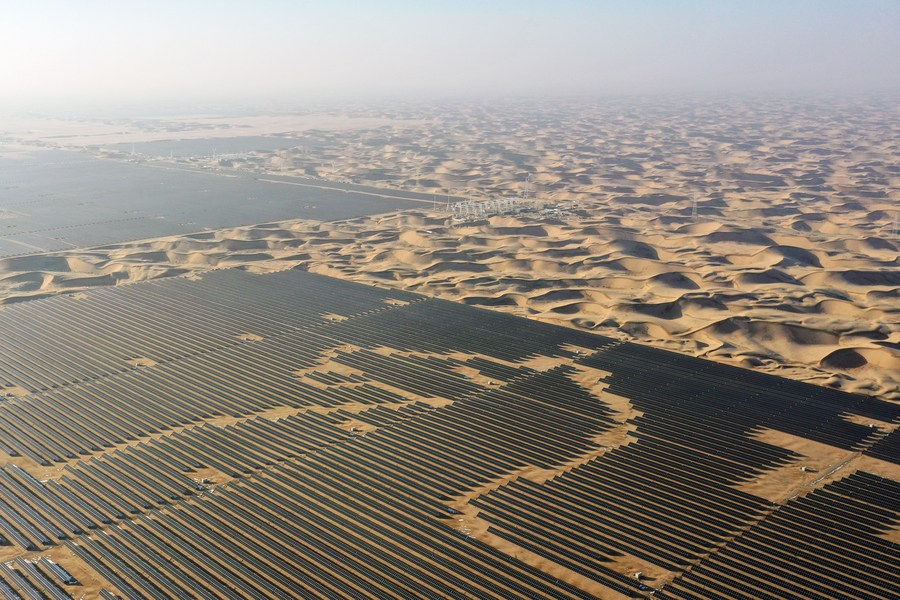The United Kingdom’s Ministry of Defence (MoD) has issued a dire warning, asserting that the ongoing conflict around Avdiivka in the Donetsk oblast may result in the highest Russian casualties witnessed in 2023. This shocking development comes as Russian forces grapple with what the MoD describes as “heavy but inconclusive” fighting in the region. The latest intelligence update from the UK MoD reveals that up to eight Russian brigades have been committed to this pivotal battleground, marking a significant escalation in the hostilities. As the situation unfolds, questions surrounding the capacity of political leaders to demand territorial gains while the military struggles to maintain operational effectiveness continue to loom large.
High Russian Casualty Rates Emerge
According to the UK Ministry of Defence’s intelligence update, Russia has unleashed the full force of up to eight brigades in the Avdiivka sector, initiating what is being termed a “major offensive effort” since mid-October. As a result, Russian forces have suffered staggering casualties, making 2023 a grim year for their military. Ukraine’s armed forces made a sobering claim, contending that Russia has lost nearly 300,000 troops since the inception of its full-scale invasion last year, with 740 casualties reported in the last 24 hours. However, it’s crucial to note that these figures have not yet been independently verified, leaving room for scrutiny and debate.
The Struggle for Territorial Gains vs. Military Challenges
The intelligence update from the UK MoD sheds light on the core issue at the heart of Russia’s campaign in Avdiivka. It suggests that the country’s “core military-political challenge remains the same as it has throughout most of the war.” This challenge, as described, is the dichotomy between political leaders’ ambitions for territorial expansion and the military’s struggle to execute effective offensive actions. Ukraine’s President, Volodymyr Zelenskiy, recently emphasized that Russian forces have faced significant losses in their attempts to advance on Avdiivka, underscoring the gravity of the situation.
Global Implications of the Ukrainian Conflict
Amidst the escalating conflict in Ukraine, President Zelenskiy’s concerns extend to the international stage. During a surprise visit to NATO’s Brussels headquarters, he expressed apprehensions about the potential threat to military support for Ukraine. Beyond immediate concerns, Ukraine’s Deputy Foreign Minister, Mykola Tochytskyi, sees a wider pattern of influence stemming from Russia’s actions in Ukraine. He contends that the ongoing conflict in the Gaza Strip may have been influenced by Russia’s disregard for international peace and security, accusing Russia of provoking and stoking hybrid conflicts across different regions, including Europe, Africa, and the Middle East.
In response, Russian Foreign Minister Sergei Lavrov criticized Israel’s Gaza bombardment, arguing that it violates international law. These international dynamics further underscore the complexity and interconnectedness of conflicts on a global scale.
As the Malta summit begins, the head of the Ukrainian president’s office, Andriy Yermak, delivered a powerful statement, asserting that Russia must heed the calls of the international community and come to terms with Ukraine’s demands for a peaceful settlement. The summit marks a crucial diplomatic effort in a world grappling with the far-reaching consequences of these conflicts, as nations weigh their responsibilities and potential paths to resolution.
















